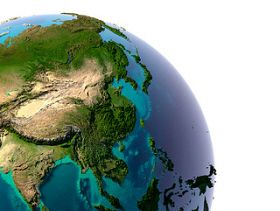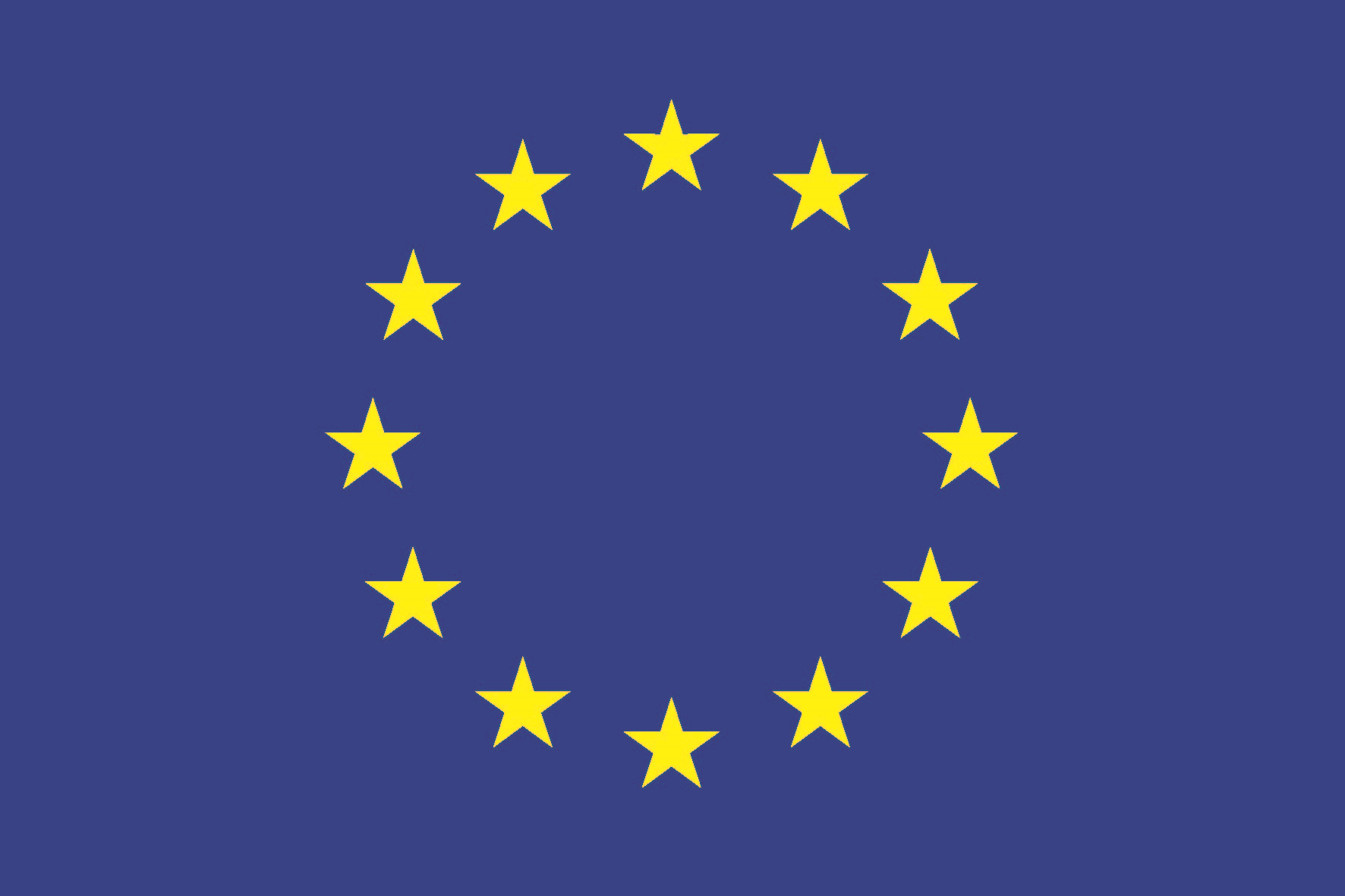Strategies to achieve economic and environmental gains by reducing food waste

FUSIONS' Partner WRAP estimated that one third of all food that has been produced ultimately ends up as waste. Reduction in food waste would be good not only for food security, but also for the economy and the climate.
In the Strategies to achieve economic and environmental gains by reducing food waste report, WRAP estimates the value of global consumer food waste over US$400 billion per year. The findings also identify the potential for astounding savings that can be achieved through food reduction in the UK, as well as other countries in the world.
Adopting a more practical insight into the issue of food waste, the report provides some recommendations aiming to assist economies around the world on how to reduce food waste:
-
Governments should encourage the evolution of independent organisations (e.g. WRAP, UK) as they have the power to initiate and facilitate effort directed towards reducing food waste.
-
In developing countries, governments and international organisations should invest appropriate infrastructure and aim to efficiently coordinate food production, storage and distribution activities to reduce food waste. IMechE (2014) have estimated that 25% of food waste in the developing world could be eliminated with better refrigeration equipment.
-
Emerging cities with fast growing middle class populations can try to reduce waste management costs by setting up and supporting consumer food waste prevention campaigns. An example of such campaigns is the Love Food Hate Waste, deployed in West London.
-
Private companies can lead to increased competitiveness and resilience through food waste prevention, but this will be highly efficient if this is made through whole-chain collaboration.
The list of recommendations also encompasses some more practical short term suggestions which mostly involve actions by the government and organisations such as UNEP and FAO. Policies should include robust measurement techniques, accurate food waste estimates and a mechanism for hosting, sharing and analysing the increasing number of studies reporting food waste levels.
The full report can be found here: http://static.newclimateeconomy.report/wp-content/uploads/2015/02/WRAP-NCE_Economic-environmental-gains-food-waste.pdf

 Copyright © 2016 | EU FUSIONS |
Copyright © 2016 | EU FUSIONS |